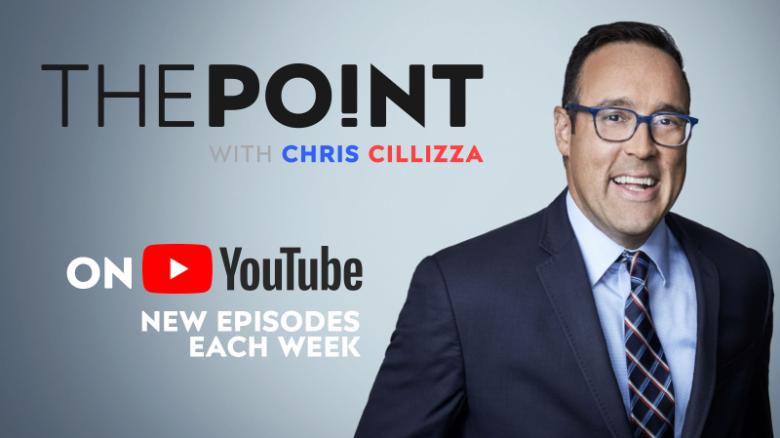Donald Trump told the 'lie of the year'

(CNN)Every year, the fact-checking service PolitiFact picks the biggest whopper told by a politician. This isn't the standard-issue deception or misleading statement; this is a lie that has implications well beyond just the lack of truth. This is a lie for the ages. As PolitiFact puts it:
"The
distinction is awarded to a statement that is more than ridiculous and
wrong. The Lie of the Year — the only time PolitiFact uses the word
'lie' — speaks to a falsehood that proves to be of real consequence and
gets repeated in a virtual campaign to undermine an accurate narrative."
Past winners for lie of the year include 2018's online efforts to discredit the gun control activism of students of Parkland, Florida and Barack Obama's false pledge in 2013 that "if you like your health care plan, you can keep it."
This
year's biggest lie? President Donald Trump's repeated assertions that
the Ukraine whistleblower got the story about his July 25 phone call
with Ukrainian President Volodymyr Zelensky all wrong.
"Since
the Sept. 26 release of the whistleblower complaint about his call with
Ukraine President Volodymyr Zelensky, Trump has insisted more than 80
times that the whistleblower's account is fake, fraudulent, incorrect,
'total fiction,' 'made up,' and 'sooo wrong,'" reads the PolitiFact
piece, later adding: "Despite what Trump claims, the whistleblower got
the call 'almost completely' right."
In
fact, that may be underselling the disparity between the accuracy of
the whistleblower's complaint and Trump's claims of its inaccuracies.
Remember
that the heart of the whistleblower complaint was the July 25 call --
and a belief that Trump was using his powers as president to further his
personal and political interests. Which, according to the transcript of the call the White House released in September, is what happened. To revisit:
1) Trump tells Zelensky that the US does a lot for Ukraine.
2) Trump reminds Zelensky that Ukraine doesn't reciprocate.
3)
Trump asks Zelensky for a favor: to look into a debunked conspiracy
theory that the hacked Democratic National Committee server is in
Ukraine.
4) Trump asks Zelensky to look into Joe and Hunter Biden.
Now,
you can debate whether that's an impeachable offense. Hell, you can
even debate whether it's wrong -- although that debate seems a lot
harder for me to see both sides of. But even so, it's impossible to
dispute that what the whistleblower said in terms of the nature and
content of the call was accurate in virtually every way.
Again, PolitiFact is right:
"The
whistleblower, who to Trump's consternation remains unidentified,
raised the concern that the president's actions leading up to and on
that phone call amount to interference in the coming presidential
election. Agree or disagree with the conclusion, or whether the
president's conduct warrants impeachment, the actions described in the
complaint stand up to factual scrutiny."
Trump's
effort to discredit the whistleblower are solely a defense mechanism.
Because he believes he can do no wrong -- a dangerous belief for anyone,
especially a president -- then anything that appears to show Trump
acting in inappropriate ways has to be "sooo wrong" or a "total
fiction." And because Trump appears to lack any sense of why
whistleblower provisions and protections are in place, he spent the last
months suggesting that a) the whistleblower doesn't exist b) the
whistleblower is actually House Intelligence Committee Chairman Adam
Schiff (California) or c) the whistleblower must be forced to reveal his
or her identity to Trump.
It's
hard to overstate the chilling effect Trump's attacks on the
whistleblower will have. Imagine if you were weighing using the
established whistleblower law to shine a light on some corporate (or
political) malfeasance. Would you feel AT ALL comfortable doing so in
the environment that Trump has created? No way.
What
that means is that Trump is actively undermining the legal rights of
whistleblowers. That's the President of the United States making it much
harder for people who see wrongdoing to come forward and have the
reasonable expectation of privacy and anonymity.
Good choice, PolitiFact.




No comments